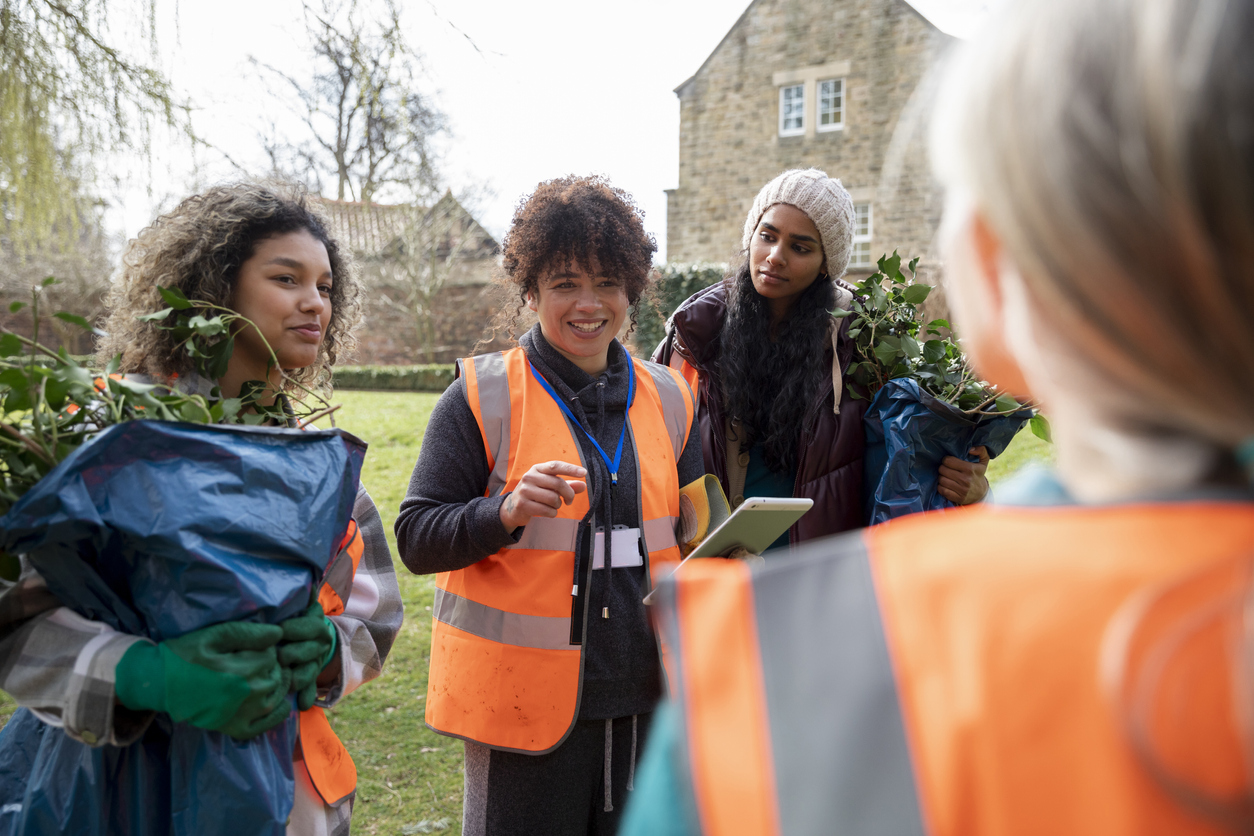3/17 Our Voice: Harnessing Local Expertise to Create Healthier Communities
Thursday, March 17th, 2022 12:00 – 1:00 PM EST
Description:
Nobody knows the lived reality of a community better than the residents themselves. The Stanford Our Voice Initiative offers community groups tools and resources to help harness and activate this wisdom, and create healthier communities for all. During this session we will walk through the Our Voice approach, and highlight the inspiring work of a Denver grandma turned “streetfighter,” who has used data and built collaborations to generate changes that support healthy living in the Montbello neighborhood of Denver, Colorado.
Like many underresourced communities, Denver’s Montbello neighborhood has lower socioeconomic status and poorer health outcomes than wealthier areas of the city. In 2016, a Park-n-Ride was moved from Montbello to a light-rail hub 2 miles away. While the new location provides easy car access and ample parking for drivers, Montbello’s pedestrians gained a dangerous commute down a 4-lane thoroughfare, decreasing community access to jobs, health care, schools, events, and city amenities. Forty-five year Montbello resident Pam Jiner was alarmed. As leader of a local GirlTrek group, she was already focused on getting African American women walking as a form of self-care and community engagement. When GirlTrek partnered with the evidence-based Stanford Our Voice Initiative to offer advocacy training, Pam stepped up. Using the Our Voice Discovery Tool app, she and her group became “citizen scientists,” documenting environmental features that affected walkability between Montbello and the transportation hub. The data they gathered – geotagged photos, narratives, ratings, and walking maps – told a collective story that the group analyzed, prioritized, and used to generate recommendations for change. Pam also invited a wide range of local stakeholders and decision-makers to walk with her and experience the barriers first-hand. Four years later, Pam shares her story as a self-proclaimed “Street Fighter,” the built environment changes that she worked with others to make, and the ripple effects at the individual, social, and policy levels.
Learning Objectives:
- List 4 specific strategies for community members to create change in local environments “from the bottom-up”
- Describe the importance of data, including the systematic capture of local perspectives and insights, in advocating for community-level change
- Assess the applicability of the Our Voice citizen science approach to a range of community-based efforts to address social determinants of health and improve health equity

